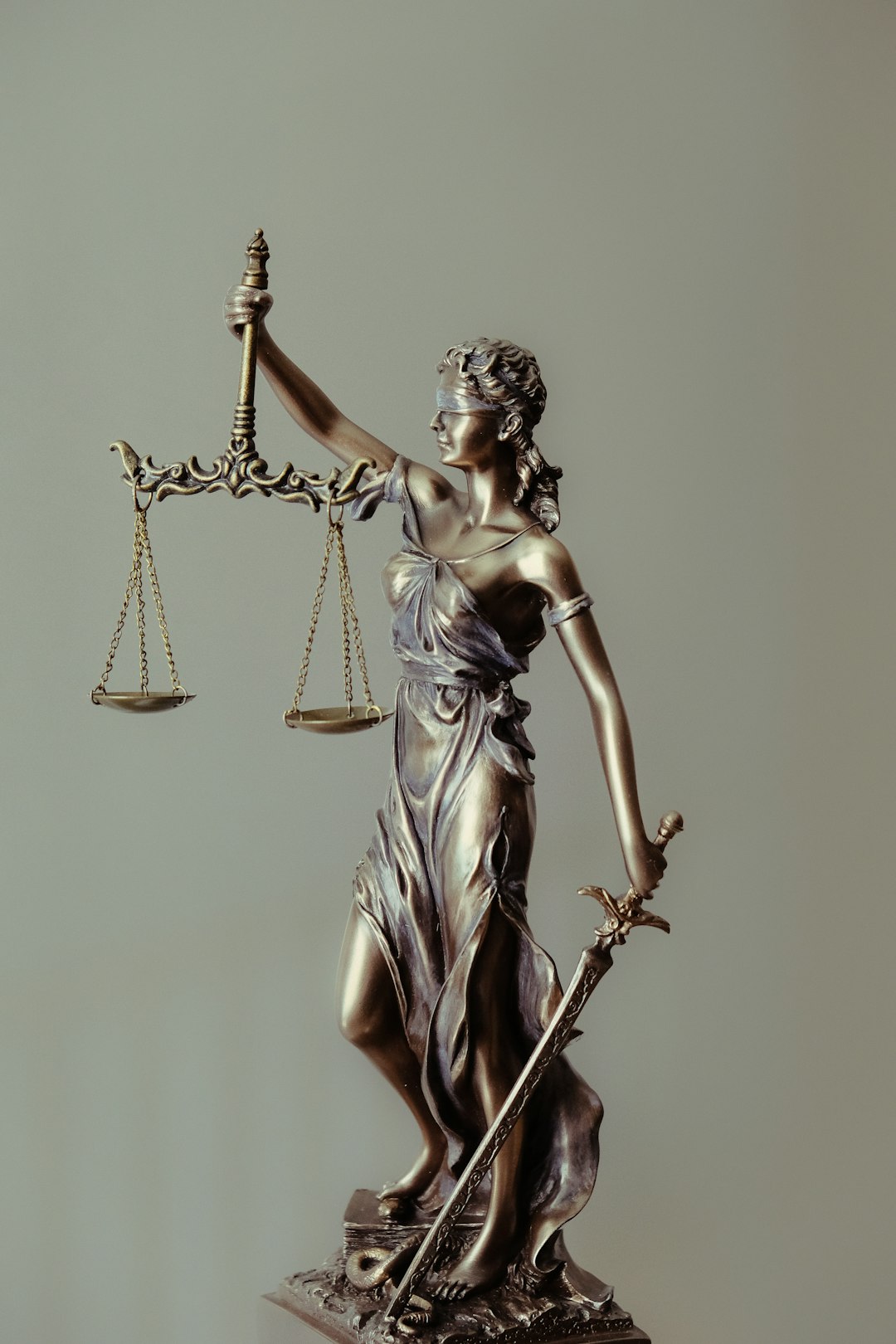Unwanted call law firms in West Virginia have escalated harassment through aggressive bulk calling, exploiting weak consumer protection laws. Blockchain technology offers a solution by providing secure, transparent verification systems that track and authenticate caller identities, reducing fraudulent calls and protecting residents from intrusive marketing. Despite implementation challenges, law firms can leverage blockchain to revolutionize their services, enhance transparency, curb fraud, and resolve legal disputes related to call verification.
In West Virginia, unwanted call law firms plague residents with persistent telemarketing. This article explores blockchain technology’s potential as a revolutionary solution to combat this issue. Blockchain offers a secure and transparent way to verify calls, ensuring only legitimate contacts reach consumers. We’ll delve into how blockchain can streamline the verification process, enhance data security, and provide unprecedented visibility for unwanted call law firms in West Virginia.
Understanding Unwanted Call Law Firms in West Virginia

In West Virginia, the issue of unwanted call law firms has become increasingly prevalent, impacting residents across the state. These law firms often employ aggressive and intrusive tactics to sell legal services, leaving many West Virginians feeling harassed and frustrated. The volume and persistence of these calls can be particularly concerning for individuals who do not require legal assistance or are uncomfortable with high-pressure sales methods.
Unwanted call law firms typically target consumers through automated dialer systems, making numerous calls in a short period to generate leads. This practice is often criticized for its lack of respect for individual privacy and consent. As such, there is a growing demand for more robust measures to protect residents from these intrusive marketing strategies, especially given the limited consumer protection against such practices under current laws in West Virginia.
Introduction to Blockchain Technology

Blockchain technology, a revolutionary concept that emerged as a solution to secure and transparent digital transactions, is gaining attention across various industries. At its core, blockchain is a distributed ledger system that enables secure, tamper-proof recording of data. Each block in the chain contains a cryptographic hash of the previous block, ensuring an immutable record. This technology has disrupted many sectors, including finance, supply chain management, and healthcare, by offering unprecedented levels of security and transparency.
In the context of West Virginia, where unwanted call law firms have long been a nuisance for residents, blockchain presents an intriguing possibility. By implementing blockchain-based verification systems, Parkersburg (or any city in West Virginia) can create a robust framework to combat fraudulent calls. This technology allows for secure authentication and tracking of caller identities, ensuring that only legitimate businesses or individuals can access consumer data. Thus, it has the potential to empower citizens, giving them control over their information and effectively combating the nuisance of unwanted calls.
How Blockchain Can Revolutionize Call Verification Process

Blockchain technology has the potential to revolutionize the call verification process, offering a secure and efficient solution to combat unwanted calls from law firms in West Virginia. Traditional methods often rely on centralized databases and phone number registries, which can be prone to errors, outdated information, and data breaches. Blockchain’s decentralized nature provides a more robust and transparent alternative.
By leveraging blockchain, call verification systems can be enhanced with immutable records of caller identification and call history. Each interaction is securely stored, ensuring that the data remains tamper-proof and accessible only to authorized parties. This innovative approach could significantly reduce fraud and improve the accuracy of identifying legitimate calls from law firms, thereby providing West Virginia residents with a more reliable protection against unwanted phone marketing activities.
Benefits and Challenges of Implementing Blockchain for Unwanted Call Law Firms

Implementing blockchain technology for unwanted call law firms in West Virginia offers significant benefits, primarily by enhancing transparency and security. Each call record, from initiation to disposition, can be immutably stored on a decentralized ledger, ensuring accurate documentation and preventing fraudulent activities that often plague the industry. This level of transparency can foster trust among clients and service providers alike, reducing legal disputes related to call verification.
However, challenges remain, particularly in terms of adoption and regulatory compliance. Integrating blockchain into existing systems requires substantial investment in infrastructure and training. Moreover, as a relatively new technology, regulators are still grappling with establishing guidelines that balance innovation with consumer protection. Unwanted call law firms must navigate these complexities while leveraging blockchain’s potential to revolutionize the industry and provide more efficient, secure services for West Virginia residents.






